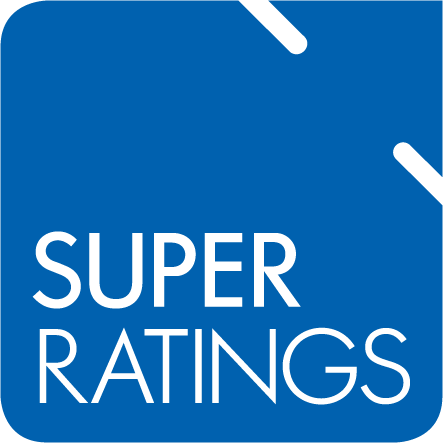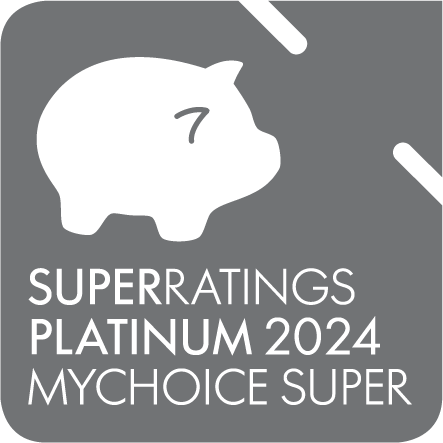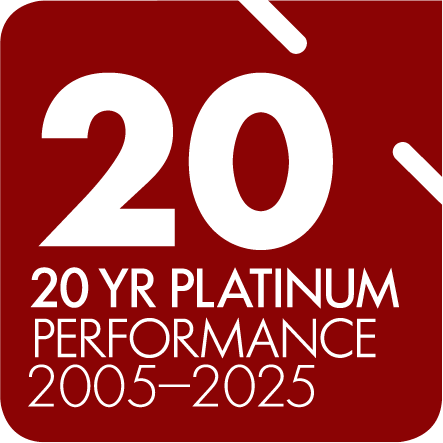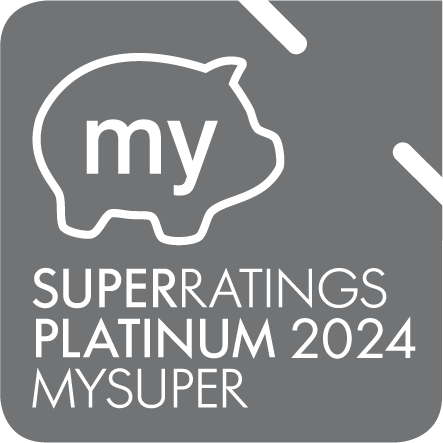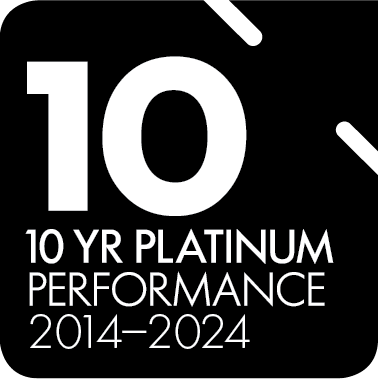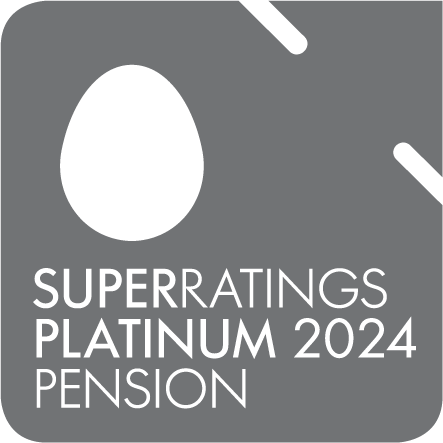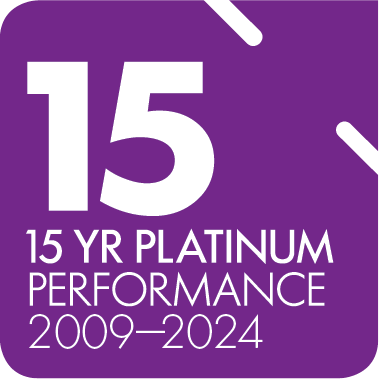| We acknowledge all First Peoples of the beautiful lands on which we live and work, and their enduring knowledge and connections to Country. We honour the wisdom of and pay respect to Elders past and present. |  |  |
How does super work - 2022 update

Not sure about super and how it all works? We can help. We've compiled a Q&A featuring some of the most common questions from our members.
Have a look, and start building a brighter future.
The Basics
Why do I need super?
Super is designed to provide you with an income in retirement. In other words, you’re saving for the future. The end goal being enough money to support yourself once you’re no longer working.
Super isn’t the only way to support yourself in retirement. The government provides an age pension for people who qualify. This is currently (approximately) $25,100 per annum for a single person, which works out to be about $967 per fortnight. For most people that’s only enough to pay for the basics.
The good news is your super and the age pension can work together. So even a modest super balance can help top up your age pension to provide you with a more comfortable lifestyle.
Where does the money in my super come from?
Good question. In the early '90s the Keating Government made superannuation compulsory. That meant employers had to pay a percentage of your income into a super fund. This money would be invested on your behalf, and you could access it once you retired (or reached your preservation age).
This is known as the Superannuation Guarantee, and it currently requires that 10.5% of your income is paid towards your super. So, if you earn $1,000, an additional $105 will go towards super, and it’s your employer's responsibility to ensure this happens.
There are all kinds of additional rules around the super guarantee. You can find those details here.
Can I choose where that money is invested?
Yes. But if you don’t nominate an investment choice your super will be invested in our default MySuper option. This is a low-cost investment option that adjusts for your age.
If you’re 50 and under we will invest your super into our Growth Plus option, which is geared towards higher risk and returns, then gradually move your super to our Balanced Growth MySuper option, which has a lower risk/return ratio.
But there are all kinds of investment options you can choose from. At a basic level we offer nine diversified options, from Conservative to Growth Plus. Each of these options offers a different mix of investment risk and potential returns and is managed by our asset managers.
You can also invest in one of our sector specific options, like Overseas Shares, or Australian Shares. Or you can mix and match the above to find a combination that works for you.
Changing your investment options is easy, just login to your account and update your preferences.
Make sure that whatever options you choose is aligned with your long-term strategic goals. If you’re not sure and want to find out more about whether your investment strategy is right for you, you can always speak to one of our financial advisors.
How do I check on my super and how it’s doing?
You can check on the progress of your super at any time by logging into your account. You’ll be able to see the balance, check recent contributions, and see how much you’ve earned in investment returns.
Once a year we’ll send you an annual statement that breaks down your super contributions, fees, and returns.
Super and life insurance
Does my super include insurance?
Yes. One of the underrated benefits of superannuation is that it usually includes a form of life insurance.
When you join Catholic Super, you may automatically receive a certain level of cover – no health checks required. We also make it easy to increase your cover to suit your needs.
The types of cover available through Catholic Super are:
- Death – Death insurance is the industry term for life insurance. We really should just call it life insurance, but that’s a conversation for another time. It provides a lump sum benefit to help ensure your dependents are looked after if you die.
- Total and Permanent Disablement (TPD) – Provides a lump sum benefit to help you cover your financial commitments if you become totally and permanently disabled.
- Income Protection - Provides you an income if you cannot work due to total or partial disability for up to 2 years.
The point is insurance is available through your super and the premiums are deducted from your super account. For most people, this is considerably cheaper than life insurance via third party insurance firms.
Fees and returns
What is a good return on my super?
There’s no simple answer to this one. It will vary from person to person.
We’ve been recognised by independent research agency SuperRatings for their highest rated Platinum Performance 15 years in a row. Our Balanced Growth (MySuper) option has averaged just under 10% in returns per annum since 1971.
We've also been awarded a 2022 5-Apples rating from Chant West for Highest Quality Fund.
That’s important, because even a small difference in investment returns can make a big impact over the long term. So, it really does pay to choose a super fund that delivers solid investment results over the long term.
Building a nest egg for retirement
How much will I have when I retire?
We can’t provide you with an exact number, but we can certainly help with some projections.
Try our retirement calculator. You’ll need to manually enter your details, but it’s a quick and easy way to get a rough estimate and look at ways to boost that number.
Is there anything I can do to boost my super balance?
Definitely. Here are few quick options.
What if I’m a freelancer or self-employed?
We appreciate that super can be the last thing on most people’s mind. Especially if you’re freelance, working for yourself, and/or dealing with all the other paperwork that entails. But it’s important to have a super strategy in place.
Not contributing to your super when you’re younger can seriously impact your long-term balance, and your retirement options.
If you’re self-employed it’s worth talking to your accountant or a financial planner to better understand your options.
Everything else you should know
Does Catholic Super have a sustainability policy?
Yes, we do. At Catholic Super we believe in Responsible Investment. While our objective is to maximise the retirement income of our members, we recognise that Environmental, Social and Governance (ESG) issues are factors which may influence whether this objective is met.
You can read more about the specifics here.
What are the changes that took effect 1 July 2022?
There are a number of changes to be aware of:
- The Super Guarantee (SG) increased from 10% to 10.5%.
- The $450-a-month threshold was removed for super contributions. This will expand the coverage of the Superannuation Guarantee to eligible employees earning less than $450 in a calendar month from a single employer.
- The maximum super contributions you can make towards the Home Super Saver Scheme was expanded from $30,000 to $50,000. This amount can be used to help fund a first home purchase.
- The Downsizer Contribution age was reduced from 65 years to 60 years.
- Retirees aged 67 to 75 years will have increased scope to make super contributions under changes to the Work Test. These individuals will be able to top up their super without having to satisfy any test, provided their super is less than $1.7 million.
Issued by Togethr Trustees Pty Ltd ABN 64 006 964 049, AFSL 246383 ("Togethr"), the Trustee of Equipsuper ABN 33 813 823 017 ("the Fund"). Catholic Super is a division of the Fund. The information contained is general advice and information only and does not take into account your personal financial situation or needs. You should consider whether this information is appropriate to your personal circumstances before acting on it and, if necessary, you should seek professional financial advice. Where tax information is included, you should consider obtaining taxation advice. Before making a decision to invest in the Fund, you should read the Product Disclosure Statement (PDS) and Target Market Determination (TMD) for the product which are available at csf.com.au. Financial advice may be provided to members by Togethr Financial Planning Pty Ltd (ABN 84 124 491 078 AFSL 455010) – a related entity of Togethr. Past performance is not a reliable indicator of future performance.
